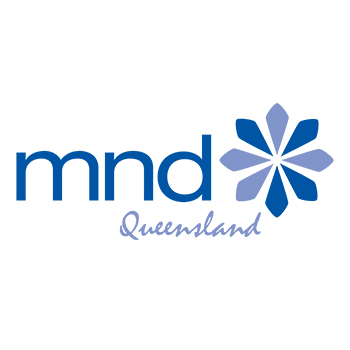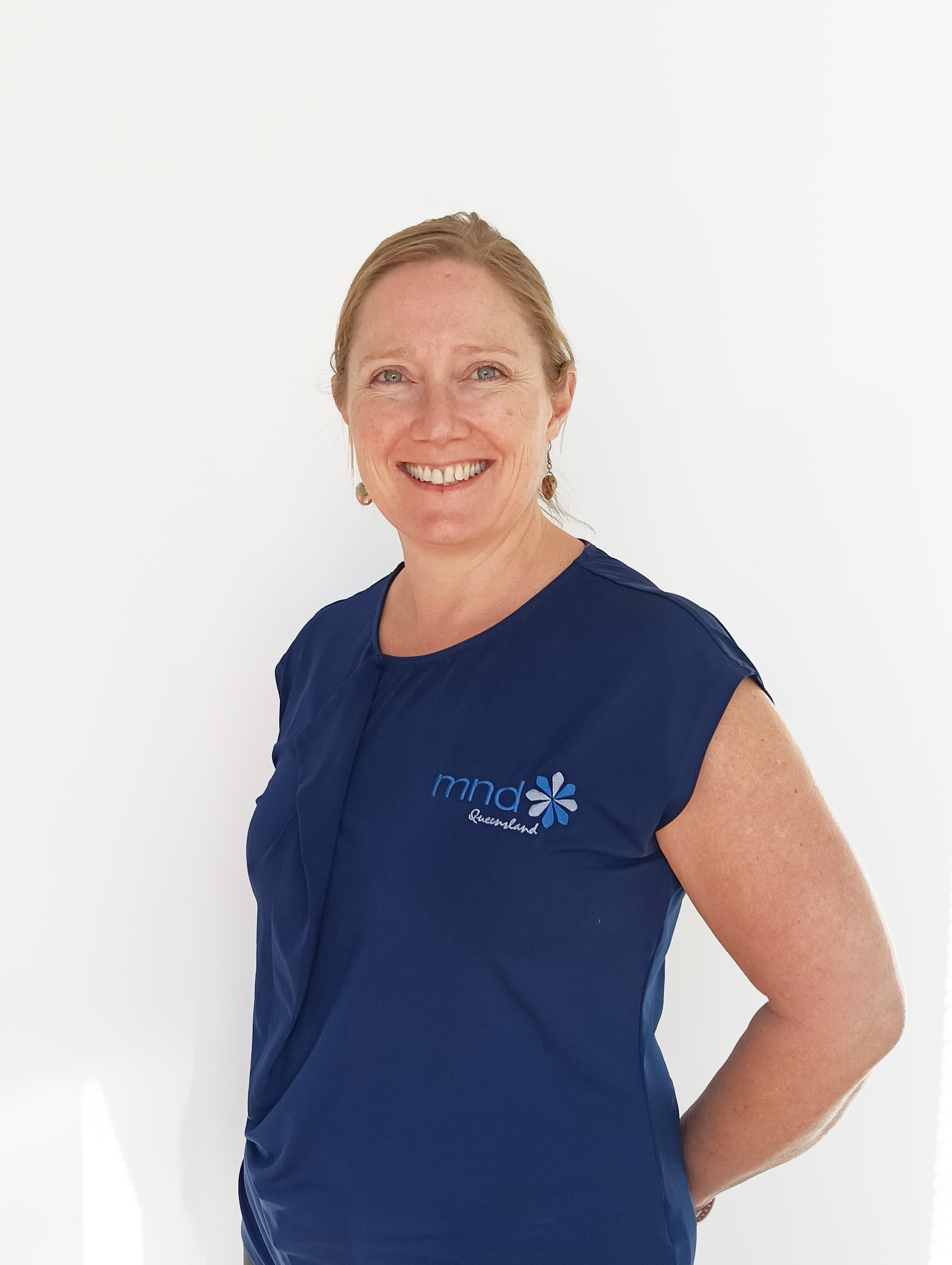
4 minute read
STAFF PROFILE - HOLLY PUCKERING, SPEECH PATHOLOGIST
When did you join MND Queensland, and what inspired you to work with us?
I joined MND Queensland at the beginning of this year. Working with people with conditions like MND has been a part of my career now since 2004. I jumped at the chance to manage the Communicating Point Project, where we are working with people with MND to create a useful, practical source of information to support speech difficulties that are commonly encountered.
Before joining MND Queensland, did you know much about MND? What are some of the biggest insights or lessons you’ve learned?
Over the past 21 years, I’ve learnt so much about treating MND, as a Speech Pathologist. But the biggest lesson I’ve learned was from Shirley, back in 2001. She was the first person that I worked with from diagnosis until her passing – through every stage as she lost her ability to communicate and swallow. Shirley’s grace, courage and commitment to connection with her family and community truly shaped me as a young professional and changed me personally.
Since then, I’ve been inspired countless times working alongside people with MND as they show incredible grit and face whatever comes. It has been the greatest honour of my career, to assist where I can.
You’re involved in an interesting project. Can you briefly explain what you’re doing?
The project that I am working on, called ‘Communicating Point’, is an innovative co-designed project aimed at producing a valuable resource to support communication for people with MND. That means that people with MND have assisted us in assessing available resources, and how they could be improved. The results show us that we need to build a locally focussed webpage with practical information and downloadable resources that give information about MND and speech difficulties, as well as how to support communication.
What is the importance of this project for people with MND?
Until now, it has been hard to find information online about speech and MND that covers all stages of dysarthria. It has also been hard to know if you can trust the information. It is often from other countries and doesn’t relate specifically to the Australian context. It also often assumes that people have direct access to Speech Pathologists and other Allied Health professionals. Sometimes in rural and remote areas of Australia, this is not the case.
With this new resource, co-designed with people with MND, their carers, Speech Pathologists, and university researchers, we aim to provide a powerful tool that people can use to inform themselves and support their communication.
Technology can play a big role in communication support, are there any tools or innovations you find especially helpful for people living with MND?
My biggest hint is to use what you have. Almost every person in Australia has a smart phone or tablet. There are free or inexpensive apps that you can use to support you when speech is difficult. But you can also use photographs, typing, and in many cases the inbuilt accessibility features of your phone. My other big tip is to use the internet to your advantage. There is information out there, and you can partner with a Speech Pathologist to future proof your communication with innovations like voice banking – all through telehealth. All communication supports (AAC) take time to learn – get in touch with your Speech Pathologist to get this started before you really need it.
How do you work with other members of the MND Queensland team to provide a multidisciplinary approach to care?
I work closely with our occupational therapists, physiotherapists and allied health assistant to deliver coordinated, person-centred care for people with MND. My focus is on maintaining and supporting communication, swallowing and secretion management — from early intervention and AAC planning to practical strategies for daily interactions — while integrating input from the team to address mobility, positioning, equipment needs, and fatigue management so that communication and eating solutions are functional across all aspects of care.
Working in this field can be emotionally demanding. How do you take care of your own wellbeing while supporting others?
I get back to nature and family – especially when I can combine the two and go sailing on Moreton Bay. We often have three generations out at once!
Finally, is there anything else you’d like to share with our readers?
Communication difficulties don’t mean an end to your identity or your connection with the people you love. There is so much innovation (both high and low tech) out there that can support you. The earlier you can get in touch with your speechie the better!











